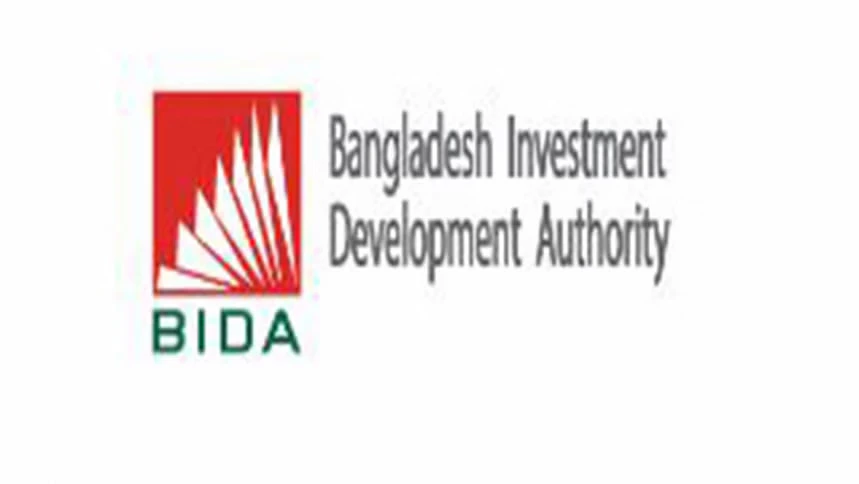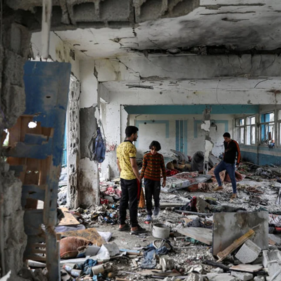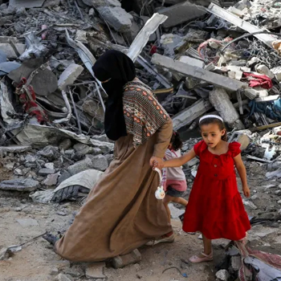The business environment Starting from difficulties in securing visas and work permits to opening and settling letters of credit (LCs) and the unavailability of tax-related materials and booklets in the English language, there are numerous hindrances that Chinese investors face in Bangladesh.
At a seminar at the Bangabandhu Bangladesh-China Friendship Exhibition Centre in Purbachal, Chinese investors raised such concerns with officials from the tax authority, the central bank, and the Bangladesh Investment Development Authority (Bida), seeking better services as well as remedies to the numerous hurdles they face.
An official of a Chinese company operating in Bangladesh said getting a one-year visa and work permit was quite complicated and time-consuming. How could Bida simplify visa policies and renewals?
Shah Mohammad Mahboob, director general at Bida, told her to read Bida’s guidelines on work permits, adding that they send them manually to the Ministry of Home Affairs for clearance. The special branch of police receives it manually.
Bangladesh and China traded $1.4 billion in 2003. It is now worth almost $25 billion. Over the past decade, investment has increased from $26 million in 2013 to over $465 million in 2022.”
“The process takes more time. “We’ve taken the initiative to send files digitally,” he said. Another entrepreneur said that LC facilities are now being rejected by banks in other countries, including some in China, and asked if Bangladesh would introduce financial instruments.
Abdullah Al Mamun, a joint director of Bangladesh Bank’s Foreign Exchange Investment Department, acknowledged the issue. The matter will be discussed with the banks. Hopefully, it will be resolved soon.
The Chinese embassy in Bangladesh and the Bangladesh China Chamber of Commerce and Industry (BCCCI) organized a seminar titled “Chinese Investors: Challenges, expectations and Prospects”.
Having set up a CNG plant in Tangail 13 years ago, Akij Group applied to Titas Gas Transmission and Distribution Company for gas connection. In this time, Akij Group has extended the bank guarantee twice and revised the security money four times.
Despite querying the offices of various officials, including Titas’ managing director, Akij Group did not receive the connection. In spite of investing $1 million in the CNG plant and importing and setting up the machinery, production could not begin because gas was unavailable.
In reply, Swagatam Kumar Saha, a deputy general manager at Titas, said that they recognized the need to get a gas connection, but there was a lack of supply. As Petrobangla imports more liquefied natural gas (LNG) to overcome the crisis, gas connection activities will resume soon.
“Come to Bida tomorrow, and we’ll work on it.” Mahboob also advised Akij Group’s director to visit the Bida office on Sunday. BCCCI President Gazi Golam Murtoza said entrepreneurs have a long wait for work permit extensions, which breeds frustration.
There were many questions and inquiries from investors. They are frustrated. Chinese investment will increase in Bangladesh if their problems are solved quickly.”
Avijit Chowdhury, Bida executive member, said: “We know entrepreneurs face numerous problems when it comes to taxes and customs, as well as getting gas and electricity connections after registering investment proposals. To solve those problems, we have introduced an aftercare service. We’ve already helped many companies.”
Chinese investment is necessary to meet Bangladesh’s challenges after graduating from the group of least-developed countries, he said.”Foreign investors can now come to Bangladesh with full security.”
BCCCI Secretary General Al Mamun Mridha said China was Bangladesh’s largest investor. Chinese investment has been low due to Covid and China’s zero-Covid policy.It would be easier to deal with the current foreign reserve crisis if Chinese investment increased.
Chinese companies deserve praise for human resource development and technology transfer in Bangladesh, he noted.It is now worth almost $25 billion.From $26 million in 2013 to over $465 million in 2022, investment has also increased significantly.Around $5 billion has already been disbursed and many projects have been implemented through the Belt and Road Initiative, according to Mridha.
There are some milestone projects about to be inaugurated and work on some is going well. “BCCCI has driven the growth of these trade and investments.” he said.









